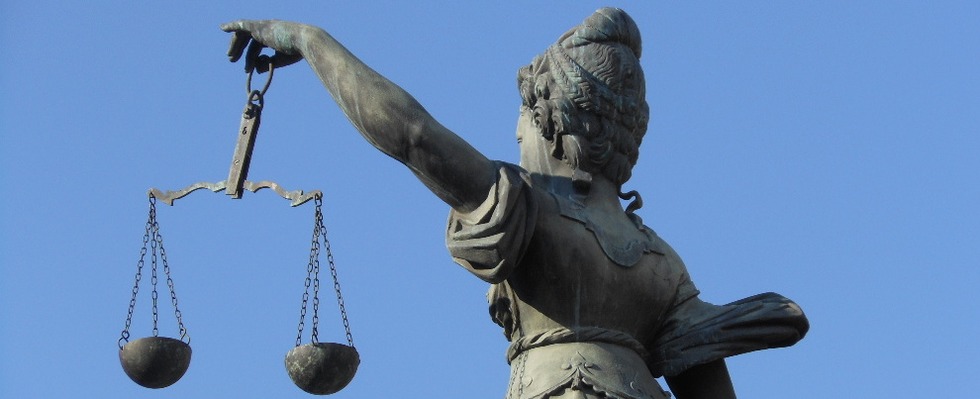Politics
John Deighan FAITH MAGAZINE January - February 2015
The Glasgow Midwives Ruling: An Assault on the Primacy of Conscience
Connie Wood and Mary Doogan recently appeared before the Supreme Court. It was the latest and, they had hoped, the last in the lengthy legal process the two midwives had endured to uphold the right of conscientious objection to participation in abortion. The latest court appearance came after NHS Greater Glasgow and Clyde appealed against a previous ruling by the Court of Session in Edinburgh in favour of the health professionals.
The Abortion Act has a clear provision to respect the conscience of staff: “No person shall be under any duty, whether by contract or by any statutory or other legal requirement, to participate in any treatment authorised by this Act to which he has a conscientious objection.” That this provision has now been challenged by a health board is deeply troubling and symptomatic of an aggressive pro-abortion regime; it is also a sign of a weakening in regard for human conscience as the safeguard of human dignity.
That abortion is legal is bad enough but totalitarianism is ushered in if the law no longer protects citizens who do not want to participate in evils which society permits. It is of little surprise that Pope Francis warned European leaders recently that keeping democracy alive included the requirement to avoid the dictatorship of relativism.
“There is a law written on our hearts which must be followed even at the risk of conflict with the laws of a country or the demands of an employer”
Without a recognition of the primacy of conscience our democracy is at threat. Our human rights laws are built on this fact. At the end of the Second World War the Nuremberg trials for those guilty of war crimes highlighted the point that it was not acceptable to justify one’s actions by claiming you were following orders or laws. This recognises that governments are not the absolute authority in determining what is right and wrong.
This sense of personal responsibility is found throughout human societies regardless of their different faiths, cultures and degrees of development. There is a law written on people’s hearts which must be followed even at the risk of bringing oneself into conflict with the laws of a country or the demands of an employer.
This was the situation the midwives found themselves in and the case is a litmus test for all of us to know how free our democratic society genuinely is. What they had sought in upholding their right to conscientious objection was, in fact, a very low threshold for a free society.
That our laws permit the killing of unborn children is already a sign of the barbarity which arises from radical individualism, albeit it dressed as virtue in the claim to be ensuring the “right to reproductive health”. Every age in fact finds that people try to rationalise wrongdoing and dress it up as virtue. But that in itself is a back-handed recognition that there is good and evil. Otherwise those in power would simply act without having to worry about convincing society that what they do is right and just.
The continuing attack on the root values of the West is also cloaked as progress. It proclaims freedom and tolerance as a secularist foundation for a good society. But it inevitably creates the situation where the freedoms of individuals are pitted against the freedoms of everyone else. Of course, we can expect that the socially powerful will win. Those who prompted the action of NHS Glasgow and Clyde, in this instance, could bring to bear the might of the organisation they control to crush two midwives who wouldn’t toe the line.
The midwives’ case is a test of how far we may have come in this struggle of values. If we live in a society where all can choose for themselves what is right and wrong, as the libertarians would have us believe, then why must Connie and Mary have someone else’s values imposed on them? In reality their voice, small as it is, testifies to the truth that an injustice is being done, and the supporters of abortion are not eager to permit this voice to be heard.
A society must have laws that harmonise with the notion of the common good as the reference point for deciding on the limits of freedom. In that way we can restrain people from doing what they want when it is harmful to the good of others, but we would not stamp on their personal freedom by compelling them to do something they believed to be grievously wrong. A return to an appreciation of conscience in society will be key to rebuilding one which is civilised and more free.
December’s decision by the Supreme Court, against the midwives, served as a crucial indicator of where we stand in relation to upholding the common good. Decisions such as this could give a green light to absolute state power, which is the stuff of tyranny.






